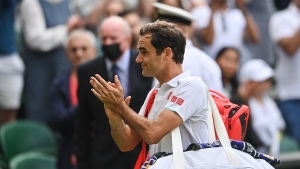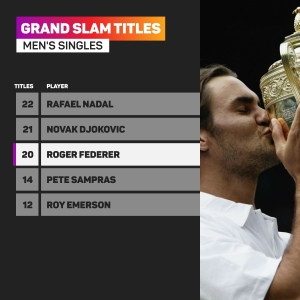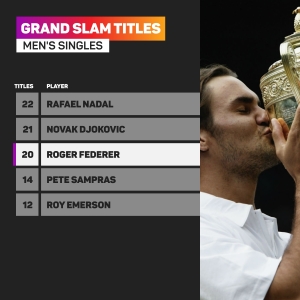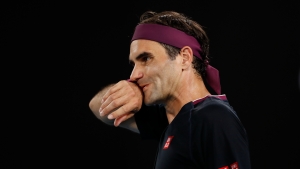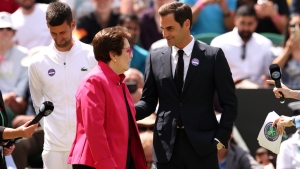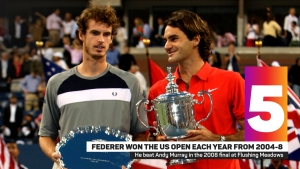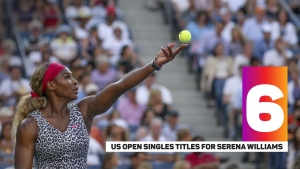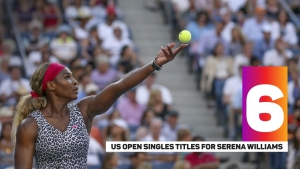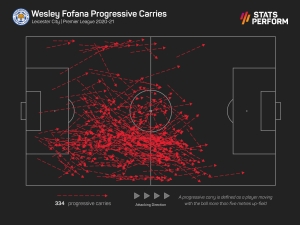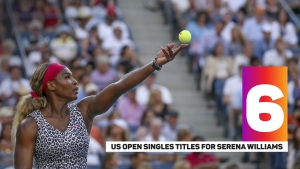There's undoubtedly a perception the transfer market has reached a new level of farce this year given some of the deals struck and others that were even touted in the first place.
Chelsea have rarely been far from the news, whether they've missed out on players (of which there have been many) or perhaps overpaid.
The £62million deal that brought Marc Cucurella to Stamford Bridge was one that especially courted bemusement, with fans, pundits and reporters alike surprised by the transfer fee. Even Manchester City walked away from talks with Brighton and Hove Albion when they couldn't sign the versatile left-back for £30m.
Wesley Fofana is the latest Chelsea pursuit to hog the headlines and, if they do manage to sign the French defender, he's going to be another hugely expensive acquisition.
Reports on Thursday suggested Chelsea are readying a fourth bid after Tuesday's apparent offer of an initial £60m was rejected. While that bid supposedly included add-ons of £10m, the reality of the full fee hitting £70m was said to be unlikely. Leicester value him at £80m.
Fofana's head has clearly already been turned, with Brendan Rodgers confirming on Thursday he is set to leave the defender out again on Saturday as the Foxes go to, yes, you guessed it, Chelsea.
But once again, the Blues are chasing a target who will cost an outrageous amount of money, so what do they see in Fofana that makes him worth over £70m?
The ideal fall-back option?
Because his first Premier League campaign was so impressive, it's easy to forget how inexperienced Fofana actually is.
He'd only played 20 Ligue 1 games for Saint-Etienne prior to joining Leicester for the 2020-21 season, and although he went on to feature 28 times in the Premier League that campaign, he hardly appeared at all last term.
A broken leg and medial ligament damage sustained during a pre-season friendly against Valencia in August 2021 ruled Fofana out until April, robbing him of several crucial months in his development.
He played seven times between April and the end of the last Premier League season, and those outings seemingly did enough to convince Chelsea he remains a credible option.
Not that Fofana was necessarily their first choice. Chelsea missed out on Matthijs de Ligt and Jules Kounde in pre-season, with the inability to land the latter proving frustrating for the Blues given their attempts to sign him last year as well.
Stylistically, however, Fofana could arguably be better suited than those two players because he is blessed with similar key attributes to Kounde but is already accustomed to playing in a back three like De Ligt, and yet he is quicker than the Dutchman.
Of course, Fofana doesn't quite have the same level of experience as the other two, even if all three are fairly similar ages, but with the likes of Cesar Azpilicueta, Kalidou Koulibaly and Thiago Silva already at Chelsea, a bit more youthful exuberance shouldn't be an issue.
Archetypal modern centre-back
The role of the centre-back in modern football seems to get more important every season. No longer are they just brutish obstacles deployed with the aim of disrupting opponents.
Sure, they're still expected to perform that function, but more and more they're comparable to playmakers, whether their strengths relate to passing or ability on the ball.
Fofana certainly shouldn't be accused of being a poor passer. After all, during the 2020-21 season he had a pass completion of 86.4 per cent and averaged 20.9 forward passes per 90 minutes – while that isn't up there with the highest recorded by centre-backs (minimum 1,000 minutes played), as Aymeric Laporte led the way (29.1), he was still above average (19.1).
However, it was in ball progression and carrying where Fofana stood out, hence why he appears to be a fine alternative to Kounde, whose key strength was similar.
Again, going back to the 2020-21 season due to Fofana's lack of minutes last term, the France Under-21 international ranked only behind Ruben Dias (824), Harry Maguire (685) and Adam Webster (596) among centre-backs with his 585 carries.
This comfort on the ball translated to him carrying it further (6,261.8 metres) than all but five centre-backs over the course of the season as well, while he also clearly played an important role in getting Leicester up the pitch.
Ball progression is seen as a major responsibility for the modern centre-back, particularly in possession-based systems, and Fofana carried possession 3,591.8m up the pitch in his debut season, the fourth-most among central defenders in the Premier League.
In an even more forward-thinking team, Fofana's ability to progress play up the pitch quickly with the ball at his feet should be an asset to Chelsea.
Whether he represents great value at £70m or £80m is another matter and can only be conclusively answered in hindsight. But given his dynamic skillset, it's difficult to argue against him being the archetypal modern centre-back, and his age means he could conceivably be a fixture in the team for over a decade.
That would certainly constitute value for money.
























